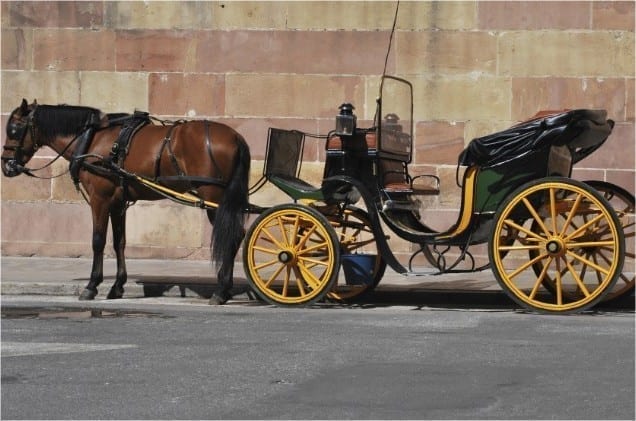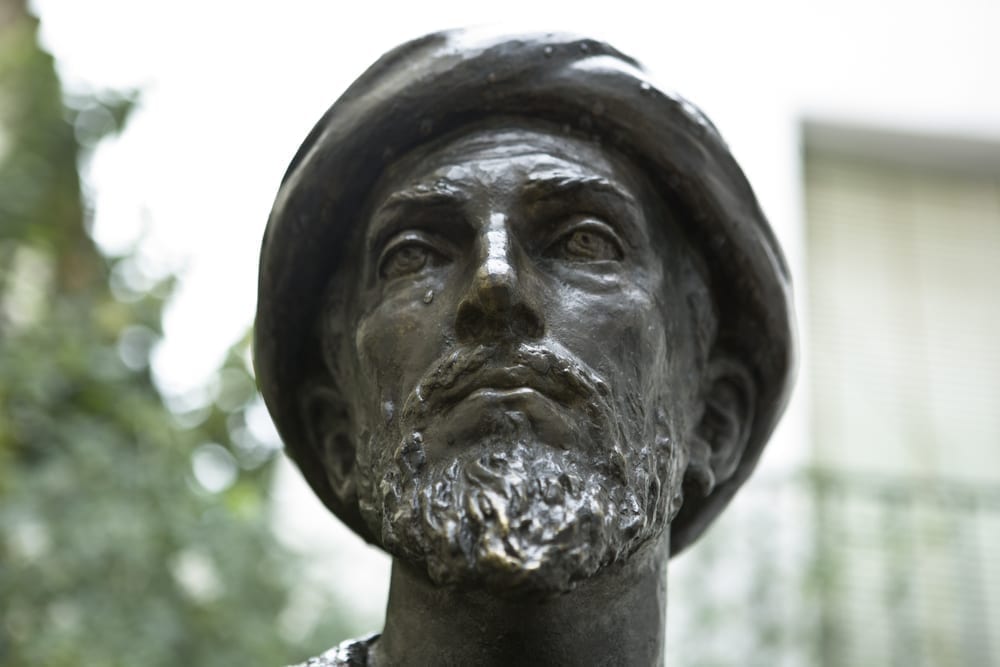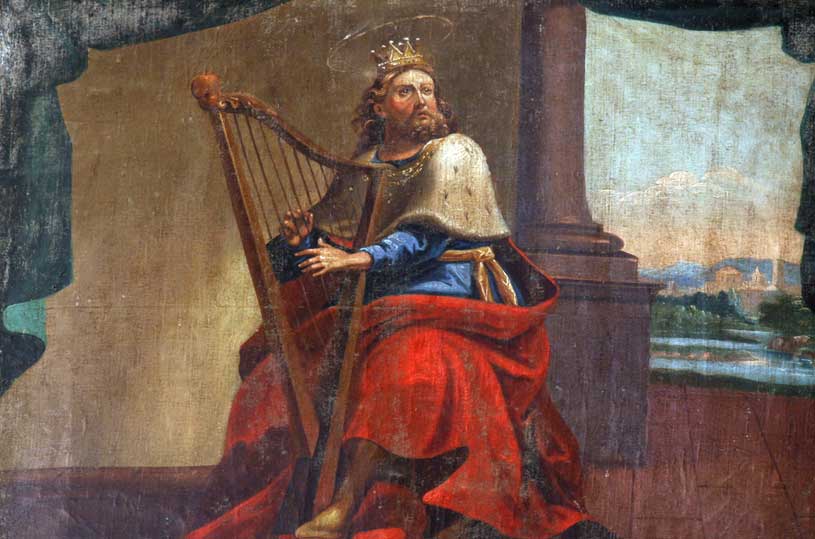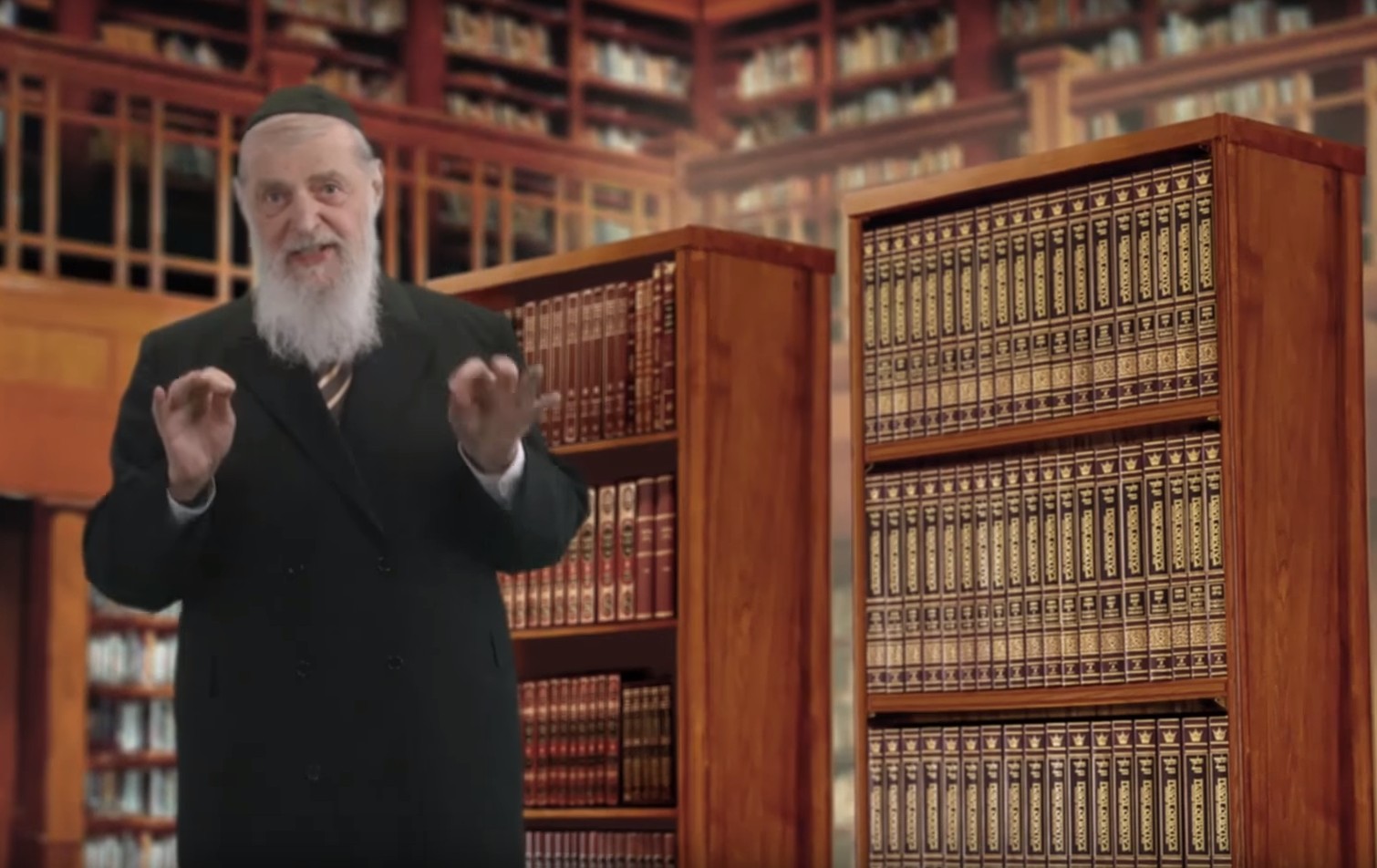When: Rashi was born in 1040 in the city of Troyes in the Champagne region in France. He also passed away there and was buried on 29 Tammuz, 1105.
Lineage: Rabbi Shlomo Yitzchaki, popularly known as Rashi, was born in his parents’ old age, after they had waited many years for a child. Rashi's mother was the sister of Rabbi Shimshon the Elder, who was known as the “Baal ha-Piyyutim” and was a student of Rabeinu Gershom of Mainz, who was called “Light of the Exile”. Rashi's father was a respected Torah scholar. Rumor has it that he was a direct line descendant of King David, although some dispute this. Most of his Torah knowledge he received from Rabbi Yaakov bar Yakar, his teacher. Rashi and his wife had three daughters.
Titles: Because of his comprehensive commentary on the Bible and the Talmud, Rashi was titled Parshandasa – one who interprets religion. Rashi is also called Rabban shel Israel (“the teacher of all Jewry”) and the Chatan Torah (“bridegroom of the Torah”) because of the fact that his commentary covers almost the entire Torah.
Many legends sprung up around Rashi's life, some of which were believed throughout the ages. One of the most significant was that Rashi was born to his parents after they had waited a long time for children, as a result of the prophet Elijah's promise to his father. It appears that his father, a gem dealer, had a special gem that the king greatly desired and wanted for one of the icons he worshipped. Rashi's father, a G-d-fearing man, did not want the gem to be used for a sin, and therefore he bravely risked death and decided to throw the gem overboard the ship he was on, while pretending that the loss was an accident. According to the legend, this act astounded heaven, and in its wake Elijah the prophet promised the father a child that would “illuminate the eyes of Israel.”
Another legend relates that that during his mother’s pregnancy, she was going through a narrow passageway in Worms, Germany, when suddenly she heard a horse behind her. She turned around and saw a Christian galloping on a horse galloping towards her. His mother saw no way to escape being trampled, so she pressed herself against the wall for lack of choice and it bent in, saving her. The wall remains bent in until today.
In addition to his diligence, scholarship and world class commentary, Rashi had wide general knowledge, and was proficient in a variety of languages, including Aramaic, Hebrew, French and German. His areas of proficiency included comprehensive knowledge of agriculture, commerce and crafts. Rashi was also a linguist, and he invented more than 1,300 words in Hebrew. In his commentaries on the Bible and Talmud, he brings more than 2,000 names of tools, devices, plants and animals from the Old French. After his fame spread through Germany and France, he formed ties with Jewish communities in these places, as well as maintaining contacts with local Christian rulers, merchants and clerics.
After he studied ten years in various yeshivas in Germany, Rashi settled in his hometown at the age of 25. He set up a yeshivah which was different from other yeshivahs in those days. The emphasis in Rashi's yeshivah was not only to study the Talmud, which was common at the time, but also to study the Bible and interpret it. Rashi sought to show that the truth could be acquired through a critical and in-depth study of the Bible.
Rashi was famous throughout the world. Besides being the head of the yeshivah in his town, Rashi served as the city rabbi without pay. He was an important legal decisor of his time, and legal questions and issues were sent to him from all over the world.
Rashi and his wife had no sons, but their daughters married three outstanding scholars, and they gave birth to great Torah sages. His eldest daughter, Yocheved, married Rabbi Meir Bar Samuel of Romerupt, who was nicknamed the “father of the Rabbis”; his second daughter, Miriam, married Rabbi Judah Bar Natan; a third daughter, Rachel, married Rabeinu Ephraim. His grandchildren were his spiritual successors: Rashbam, Rabeinu Tam and Rivam. All three were leading Talmudic commentators and scholars who were called by the collective name “Tosafists.”
His main disciple was Rabbi Shemaya. Other disciples include the famous Biblical commentator, Rabbi Joseph Kara, Rabbi Jacob ben Samson, and Rabbi Simcha ben Samuel of Vitry. Rashi’s greatness did not prevent him from changing his views, and accepting criticism when he believed it was necessary. Evidence of this can be seen in his writings in which he humbly writes phrases such as “I made a mistake”, “I was wrong”, “I do not know what this means” or “I didn’t know.”
In addition to his commentary on the Torah, Prophets and Writings, he explained the Talmud and Mishna, and wrote booklets on Jewish law and books of piyyutim.
Another famous legend has it that when Rashi passed away, a heavenly voice were heard saying: “All Israel will be your sons.”





